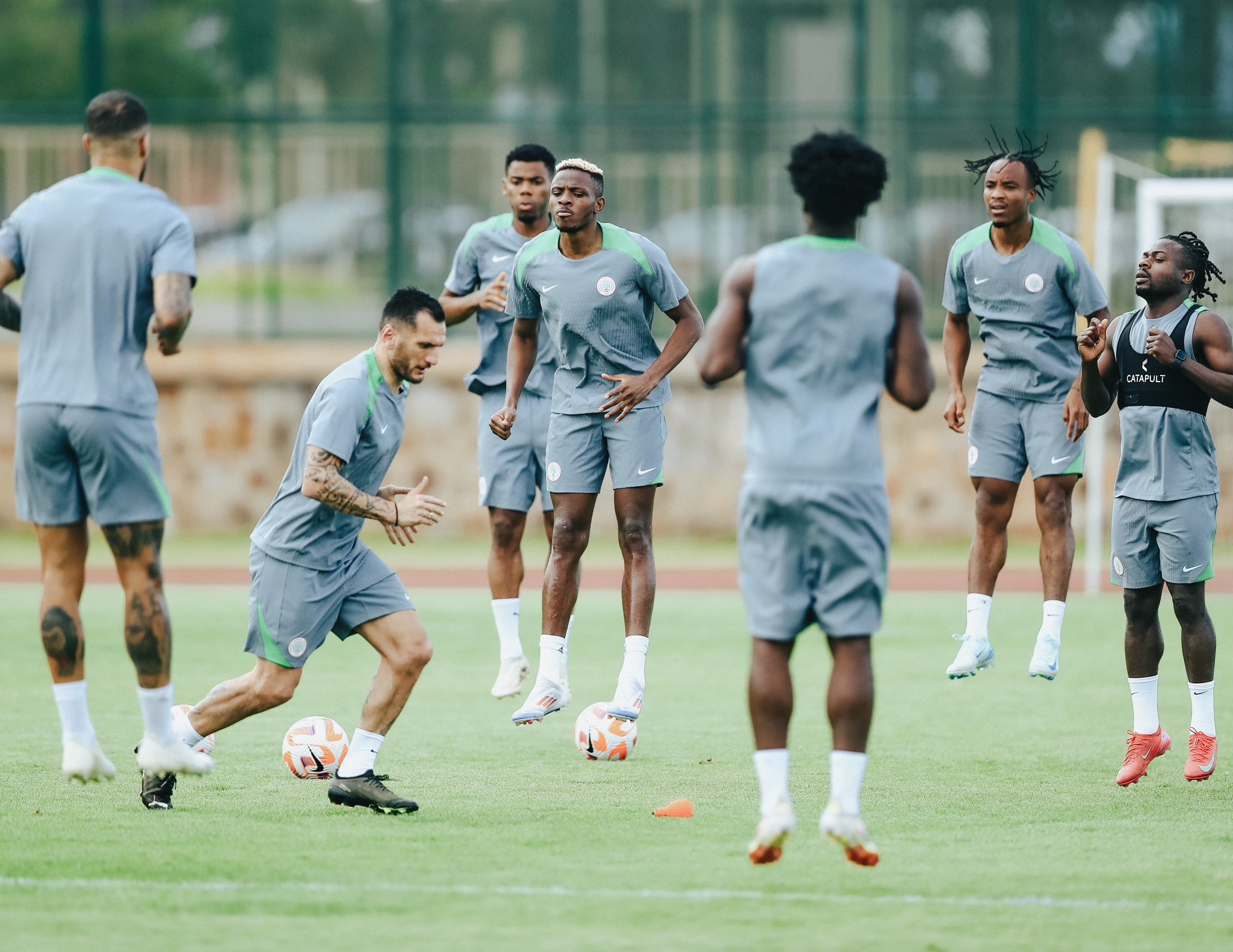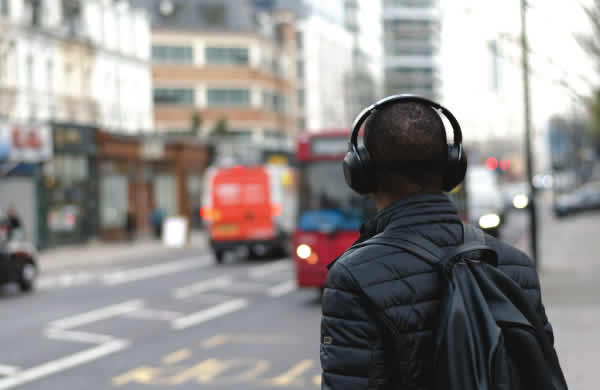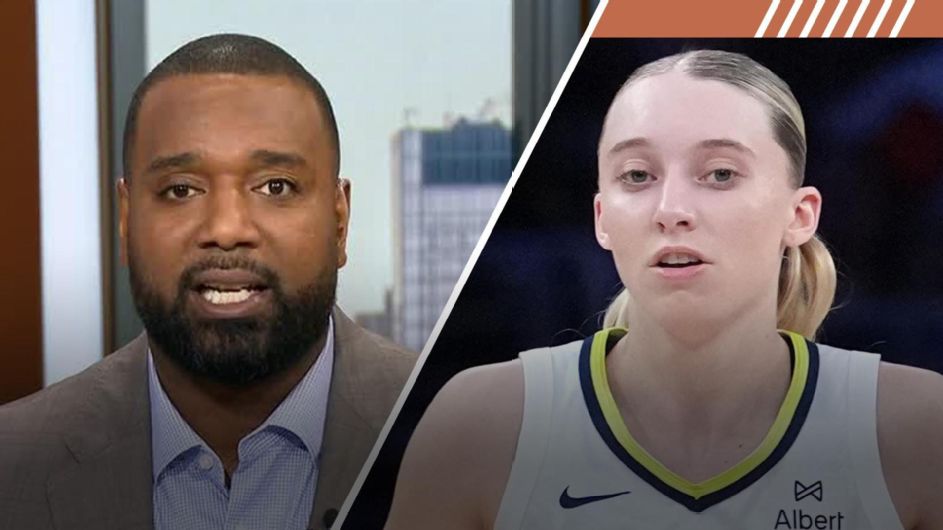Super Eagles' World Cup Dream in Peril After Disastrous Draw and Benin Loss

Nigeria's aspirations for the 2026 FIFA World Cup have suffered a significant blow following a tumultuous Matchday 8 in Group C, which saw the Super Eagles held to a 1-1 draw by South Africa in Bloemfontein. This result, coupled with other crucial outcomes in the group, has left Nigeria's qualification hopes hanging by a thread, described by some as 'borderline impossible' or requiring a 'huge miracle'.
The Super Eagles, needing a win to stay on track, faced South Africa's Bafana Bafana at the Free State Stadium. The game began slowly for Nigeria, with South Africa showing more intent. Tragedy struck in the 25th minute when Super Eagles captain William Troost-Ekong inadvertently scored an own goal, putting South Africa ahead. However, Calvin Bassey equalized with a bullet header just before halftime in the 44th minute, marking his first goal for the Super Eagles. The second half evolved into a physical battle rather than fluid football, and despite Nigeria's efforts, including a close chance from Tolu Arokodare, the match concluded in a 1-1 stalemate.
Individual performances for Nigeria were mixed. Goalkeeper Stanley Nwabali had a decent game, commanding his area well despite the unfortunate own goal. William Troost-Ekong, despite his error, was otherwise decent but bore the brunt of costing his team crucial points, leading to suggestions that his chapter as a starter for the national team might be over. Benjamin Fredrick, a 20-year-old center-back, showcased maturity beyond his years, putting in a solid performance with twelve clearances, six ball recoveries, and an 86% pass accuracy, marking him as a promising long-term asset. Calvin Bassey, aside from his goal, displayed readiness and a strong performance, overcoming a few errors. Ola Aina's game was cut short after just ten minutes due to a hamstring injury, forcing an early substitution. Bright Osayi-Samuel, his replacement, put in a decent shift, supporting the attack and solidifying his wing defensively. Bruno Onyemaechi had a decent game but lacked significant attacking contributions due to poor crosses. In midfield, Fisayo Dele-Bashiru delivered a very good performance, exhibiting a brilliant work rate and assisting Nigeria's goal. Wilfred Ndidi grew into the game, showing good work rate and passion, while Alex Iwobi used the ball well defensively but offered little in attack. Ademola Lookman, known for his ingenuity, was stifled in the final third but compensated with defensive efforts. Moses Simon had a tough first half, bullied by the opposition, though he improved slightly in the second. Striker Cyriel Dessers struggled against South Africa's physical approach and was substituted at halftime. Tolu Arokodare, who came on as a substitute, showed his versatility and physical presence, disturbing the Bafana Bafana defense, while Christantus Uche struggled with the pace initially but made accurate passes when releasing the ball.
The draw's immediate aftermath was compounded by other Group C results. The Republic of Benin, under former Super Eagles coach Gernot Rohr, delivered a crushing 4-0 victory over Lesotho, with goals from Steve Mounié, Andreas Hountondji, Hassane Imourane, and Junior Olaitan. Rwanda also secured a 1-0 win against Zimbabwe. These results saw South Africa maintain their lead with 17 points, Benin leapfrog Nigeria into second place with 14 points, while Nigeria and Rwanda both sit level on 11 points, with Nigeria holding a slim goal difference advantage for third place. The automatic qualification spot is reserved for group winners, with a lifeline for the four best runners-up across Africa's qualifying pools, a category where Nigeria currently trails significantly in eighth place with 11 points from eight matches.
Reactions from coaches and former players varied. South Africa's head coach, Hugo Broos, expressed delight with his team's "fight," stating they 'fought like them and were as physical as they were,' despite admitting Bassey's goal 'was a handball.' He also subtly critiqued Nigeria's approach, claiming they came 'to fight rather than play actual football,' and highlighted the poor pitch conditions. Broos acknowledged the emotions involved in the touchline scuffle with Nigeria's technical crew. Super Eagles coach Eric Chelle, despite the grim outlook, maintained a professional and optimistic stance, believing 'a lot of things can happen' in the remaining two games, while also attributing the touchline confrontation to the natural tension of a high-stakes match. Former Nigerian internationals were less sanguine: Etim Esin branded the squad 'average' and lacking creativity, lamenting the unimaginable prospect of missing another World Cup. Ben Iroha stated that qualification was effectively 'out of Nigeria’s hands.'
Nigeria's path to qualification is now arduous. They must secure maximum points from their final two matches against Lesotho and Benin Republic in October and rely heavily on South Africa faltering in their remaining games. Even then, their fate could hinge on results elsewhere for a playoff spot among the best runners-up, where they are currently far behind. Missing out on the 2026 World Cup would mean the Super Eagles would miss consecutive tournaments for the first time since their debut in 1994, a stark reminder of the uphill battle they face.
Recommended Articles
World Cup Dream Fades? Super Eagles Stumble in Qualifiers, Face Uphill Battle!

Nigeria's 2026 FIFA World Cup qualification hopes are in dire straits after a 1-1 draw with South Africa and Benin Repub...
Super Eagles Thrash Rwanda: World Cup Dream Ignites as Nigeria Dominates Qualifiers

The Super Eagles secured a hard-fought 1-0 victory over Rwanda in their 2026 FIFA World Cup qualifier, with substitute T...
World Cup dream on the brink: Super Eagles face qualifying nightmare!
)
The Nigerian Super Eagles face a critical juncture in their 2026 FIFA World Cup qualifying campaign, needing maximum poi...
Super Eagles Face Amavubi Test: Nigeria vs Rwanda World Cup Qualifier Previews

The Super Eagles of Nigeria face a must-win 2026 FIFA World Cup Qualifier against Rwanda in Uyo on Saturday, with their ...
Super Eagles Squad Shock: Chelle's Final 23 for Crucial World Cup Qualifiers Sparks Debate

The Super Eagles, led by coach Eric Chelle, have announced their 23-player squad for the crucial 2026 FIFA World Cup qua...
You may also like...
The Imitation of Black Beauty: Lip Fillers, Fake Tans, and the White Reinvention of Aesthetics

The rise of lip fillers, spray tans, and curvy body ideals exposes a troubling contradiction—Black women’s natural featu...
To Speak, To Swallow, or To Assimilate? Navigating Racism as an African Abroad

Exploring the struggles Africans face abroad when confronted with racism — the choice between speaking up, swallowing in...
WNBA Playoff Race Heats Up as Teams Clinch Berths and MVP Scrutiny Intensifies

The 2025 WNBA season culminates with ESPN's picks for end-of-season awards, recognizing A'ja Wilson as MVP and Paige Bue...
Super Eagles' World Cup Dream in Peril After Disastrous Draw and Benin Loss

Nigeria's 2026 FIFA World Cup qualification hopes are in jeopardy after a 1-1 draw against South Africa, compounded by B...
007 Casting Chaos: James Bond Frontrunner's Conflicting Stance on Taking Iconic Role

The vacant James Bond role continues to fuel speculation, with British actor Mike Dickman emerging as a surprise contend...
Ed Sheeran Shocks Fans: Pop Superstar Abandons UK for New Life Abroad, Confesses What He'll Miss Most

Ed Sheeran has confirmed his move to the United States with his wife and two daughters, a decision influenced by an upco...
Sigue Sigue Sputnik Mourns: 80s Music Idol Ray Mayhew Dies, Bandmates Share Heartbreaking Tributes

Ray Mayhew, the acclaimed drummer of the iconic 1980s punk-pop band Sigue Sigue Sputnik, has passed away, prompting an o...
Hollywood's Hottest Dad-to-Be! Pete Davidson & Elsie Hewitt Expecting Baby

Comedian Pete Davidson and model Elsie Hewitt are expecting their first child, a joyful announcement made by Hewitt on I...